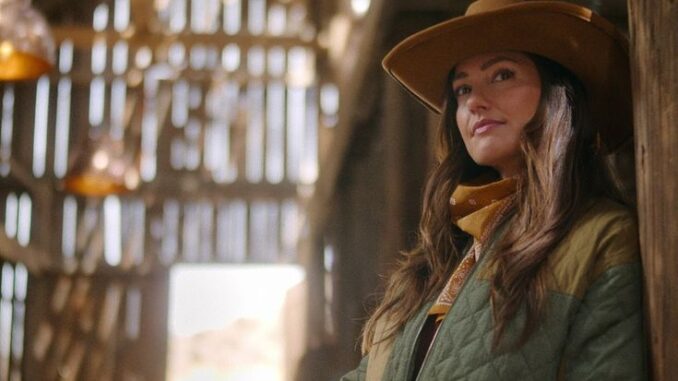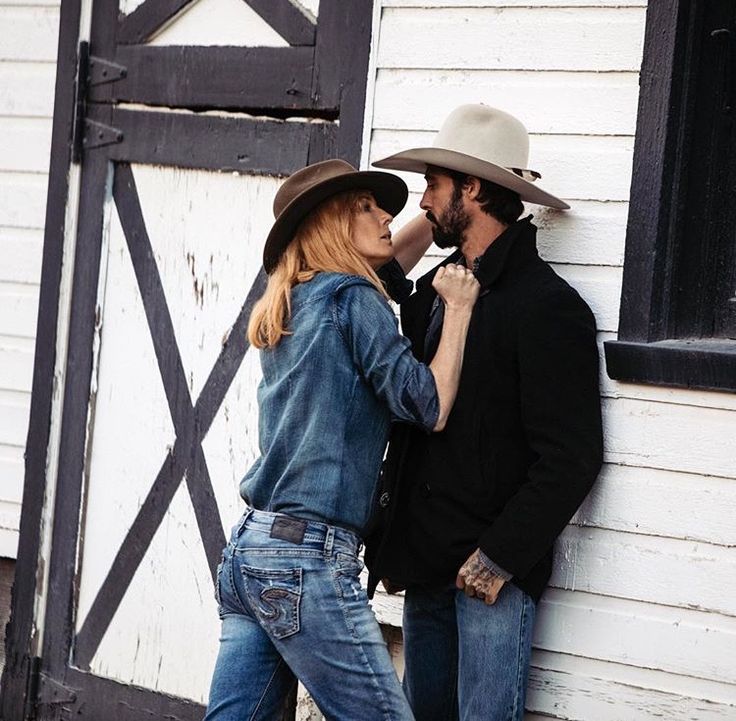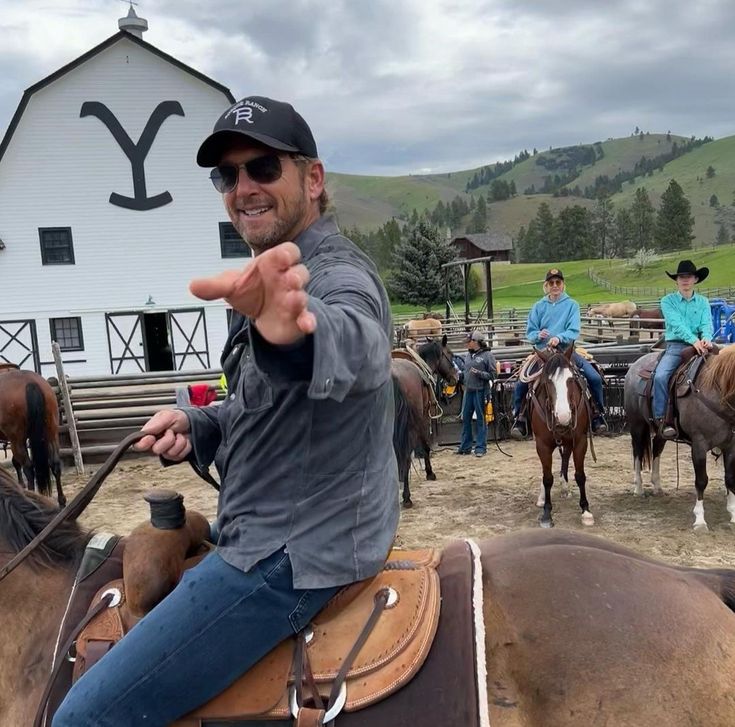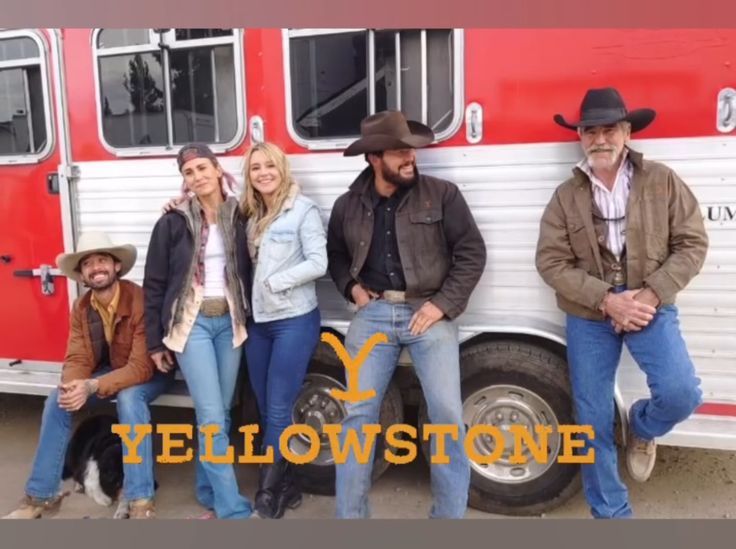
If you’re like most viewers, Yellowstone probably looked like a godsend—a gritty, modern Western drama that could breathe life into a dusty, forgotten genre. But here’s the brutal twist: instead of reviving the Western, Yellowstone actually sealed its fate. Yep, you read that right. It didn’t bring Westerns back to life—it walked them straight to their funeral.
Let’s unpack how a show this popular could accidentally kill the very genre it seemed destined to save.

⚰️ The Illusion of Revival: A Genre on Life Support
Westerns Before Yellowstone—A Genre in Decline
There was a time when Westerns ruled the screen. From Gunsmoke to Bonanza, cowboys and outlaws were America’s original small-screen heroes. But as the decades rolled on, the genre faded like a ghost town at sunset.
The Changing Tastes of TV Viewers
Streaming took over. Audiences craved faster plots, relatable antiheroes, and modern dilemmas. Slow-burning stories with saloon brawls and dusty deserts didn’t cut it anymore. Westerns were nostalgic, not necessary.
💥 Yellowstone’s Big Bang—And Its Big Mistake
Enter Yellowstone: The Anti-Western Western
When Yellowstone premiered in 2018, it came in guns blazing—literally. Kevin Costner’s John Dutton wasn’t just a rancher. He was a modern-day warlord protecting his land like a mafia boss.
It Had Horses, Hats, and High Stakes
At first glance, it checked all the Western boxes—cowboys, cattle, and corrupt sheriffs. But dig deeper and you’ll see this wasn’t a classic Western. It was something else entirely.
Not A Revival, But A Reinvention
Instead of channeling High Noon, Yellowstone was more The Sopranos in the mountains. It leaned on family feuds, land deals, and ruthless ambition—less shootouts, more political power plays.
🧠 The Psychological Twist: Western Themes Repackaged
From Morality Tales to Moral Ambiguity
Classic Westerns were about justice, honor, and redemption. Yellowstone replaced that with greed, betrayal, and survival.
Who’s the Hero Here? (Spoiler: No One)
John Dutton isn’t your typical cowboy hero. He lies, manipulates, and kills to protect his empire. In a Western, he might’ve been the villain. Yellowstone flipped the moral compass and left it spinning.
📺 What Makes a Western Anyway?
Defining the Genre: It’s Not Just the Setting
Just because a show has horses and hats doesn’t mean it’s a Western. A true Western has core themes: frontier justice, lone heroes, law vs. chaos.
Yellowstone Used the Aesthetic, Not the Soul
It dressed like a Western, but its DNA was pure crime drama. Think Breaking Bad with cowboy boots.

📉 The Fallout: Why Hollywood Isn’t Making More Westerns
Yellowstone’s Success Set a Trap
Instead of sparking more Western shows, Yellowstone did the opposite. It became so big, so dominant, that it shut the door behind it.
Studios Saw Dollar Signs, Not Storylines
Now, everything is trying to be the next Yellowstone—but without the heart. Spinoffs like 1883 and 1923 are prequels, not innovations. They echo the same story without expanding the genre.
🔁 The Rise of the Yellowstone-verse: A Genre in Chains
Prequels Are Playing It Safe
You’d think 1883 or 1923 could experiment, right? Wrong. They cling to Yellowstone’s blueprint like a crutch, afraid to be original.
Copycats Instead of Cowboys
We’re not getting new Westerns—we’re getting more of the same. Lawmen: Bass Reeves was a breath of fresh air, but it was buried under Yellowstone’s massive shadow.
🤷 Why Viewers Are Confused About the Genre
If It Looks Like a Western… Is It One?
The average viewer might lump Yellowstone in with classic Westerns. But that’s the trick. It’s not a Western—it’s a drama wearing a cowboy costume.
The Genre’s Identity Crisis
Because Yellowstone bent the rules so hard, the Western genre doesn’t know what it is anymore. That makes it harder for authentic Westerns to gain traction.
📉 Yellowstone’s Popularity = Western Genre’s Death Knell
When One Show Dominates, Others Die
Just like how Marvel movies nearly suffocated indie films, Yellowstone’s empire left no room for variety. If it’s not part of the Yellowstone-verse, studios won’t fund it.
The Genre Didn’t Grow—It Just Got Absorbed

Rather than evolving, the Western got swallowed by Yellowstone. Its unique voice? Muted.
🧩 Could Westerns Still Make a Comeback?
There’s Hope, But It’s Slim
There are flickers of hope: indie films, limited series, and international Westerns (The Power of the Dog, anyone?). But they’re niche, not mainstream.
It Needs a Reinvention, Not a Rehash
To truly come back, the Western has to evolve—embrace diverse voices, new themes, fresh aesthetics. Think less Yellowstone, more Westworld (Season 1).
🤔 Final Thoughts: Yellowstone Didn’t Save the Western — It Silenced It
What we witnessed with Yellowstone wasn’t a revival. It was a rebranding. It stole the cowboy’s boots, strutted across prime-time TV, and shut the saloon doors behind it.
It’s time we stop calling it a Western. It’s not. And if we ever want the Western to live again, we need something bold, brave, and genuinely different.
